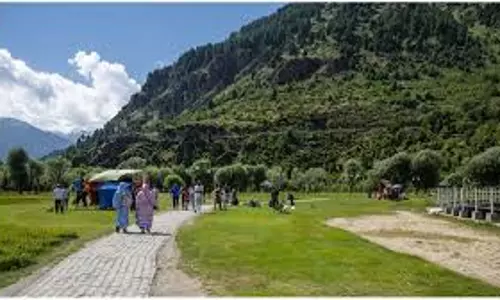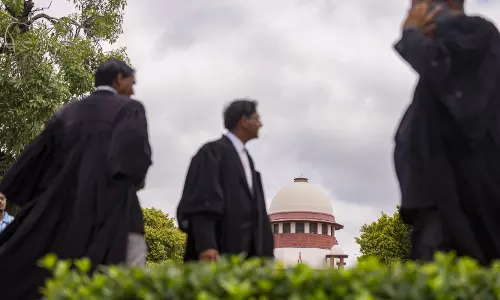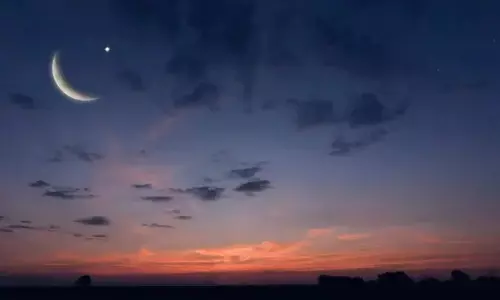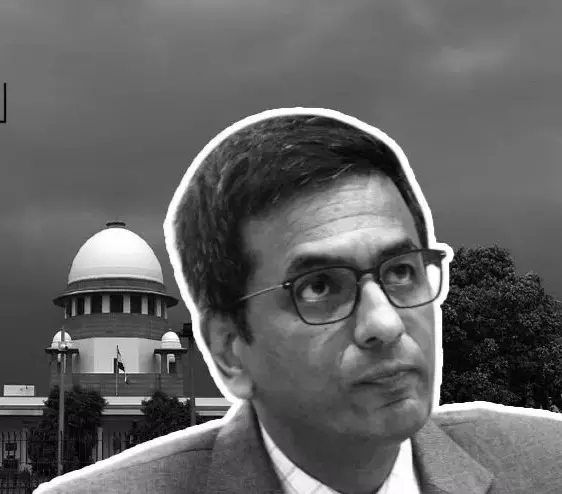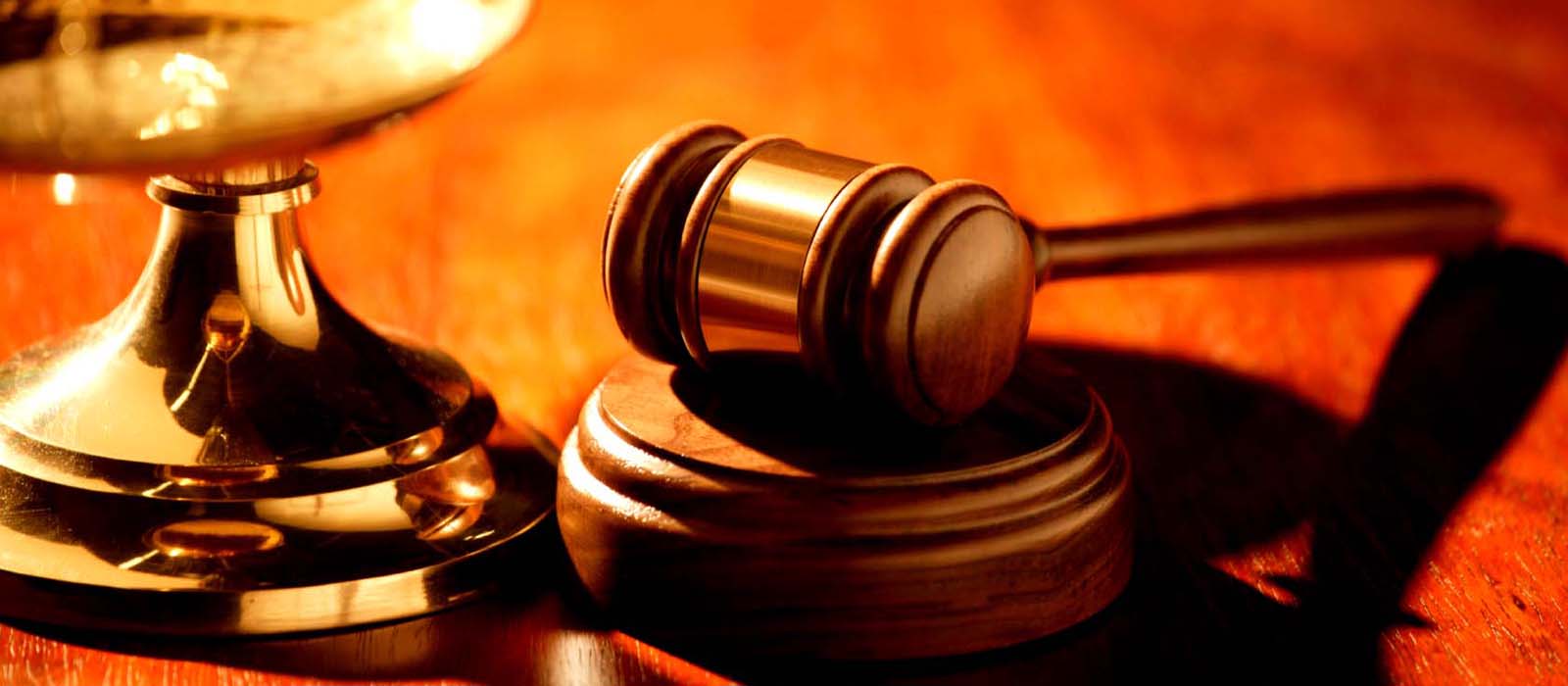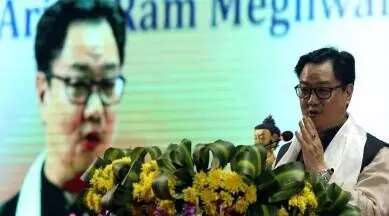
Let Chief Justice then decide the treatment
text_fieldsCourt decisions in legal cases may not always be satisfactory to everyone. However, the judicial system in India plays a vital role in protecting the constitution of the country and making it accessible to the people. Because of this, everything that tarnishes it is looked upon with concern. Some of the observations made recently by the newly appointed Chief Justice of the Supreme Court are based on this. His revelation that lower court judges are reluctant to grant bail because of the fear of being targeted is an indication that things are not so good. Speaking at a reception organized by the Bar Council of India on Saturday, he said that it was not ignorance of the crime or its legal procedures, but that the lower courts did not do so because they were afraid that they would be threatened if they tried the most serious cases. This disclosure was made in the presence of Union Law Minister Kiran Rijiju. Stating that judges are afraid of being targeted, the Chief Justice did not go into details.
However, when hearing this, one is struck by the recent trends in the judicial system in India. One of them is the mysterious death of Justice Loya on December 1, 2014. A new inquiry and court case were initiated as a result of the Supreme Court's intervention into the false encounters carried out by the Gujarat and Rajasthan police. The name of Amit Shah, the Gujarati state's home minister at the time, was mentioned in the incident. A probe into the "vast conspiracy" was also mandated by the Supreme Court. Loya passed away just as the Bombay High Court was taking that step. In April 2018, the Supreme Court dismissed the high-level political conspiracy and ruled on a public interest litigation on the issue. In connection with the same encounter case, in 2014, CBI judge J.T. Utpat was transferred overnight. In the past, it was during the emergency in India that judges were frequently transferred through the intervention of the government. 16 judges who issued rulings during the Emergency declared by the Indira Gandhi government were transferred. It was customary at that time that the President should consult with the Supreme Court judge about the appointment and transfer of judges. Later, due to the complaint that vested political interests were being left in it, this power was finally given to the collegium of Supreme Court judges. However, the protest against the transfer of a colleague in the Gujarat High Court proves that the complaint has not been resolved.
The collegium was born out of the decision to let a panel of judges make appointments and transfers without political interference. However, the BJP government at the centre was not happy with it. They tried to usurp this power by introducing the National Judicial Appointments Commission in 2014. According to this, the Union Law Minister would have the final say on the proposed changes. However, it was blocked by the Supreme Court. After that, the centre devised a new method to bypass the collegium. Justice Rajiv Shakdher, who issued a ruling against the travel ban of a Greenpeace activist in 2015, Karnataka High Court Judge Justice Jayant Patel in 2017 and Madhya Pradesh High Court Justice Akil Abdulhamid Kureshi in 2019 were all handled using this. Justice S Muralidhar, who severely criticized the Delhi Police in the case related to the 2020 Delhi communal riots and Additional Sessions Judge Vinod Yadav also got their due immediately. Thus, even as the cold war continues between the Supreme Court and the central government on the collegium issue, political interference continues without interruption. Perhaps, it might be due to these pressures that the Chief Justice spoke about the issues in front of the Union Law Minister Kiren Rijiju. In the same speech, Justice Chandrachud expressed willingness to discuss the transfer controversy of Justice Nikhil S Kariel from the Gujarat High Court. The law minister countered that judges' rebellion against the collegium's decision, which is grounded in the national interest, was unacceptable. The Chief Justice's position is that the judiciary should not take any action that makes it difficult for those seeking justice. This concern for the people is the core of democracy. By citing the poor experiences of the lower court judges, he has made it very evident that there are tendencies to weaken it. In a democracy, the judiciary is the institution that should allow citizens to live without fear. Where is the salvation if they are under the influence of dread themselves? It is hoped that the treatment will also be given by the Supreme Court headed by the highest judge who provided the diagnosis.




